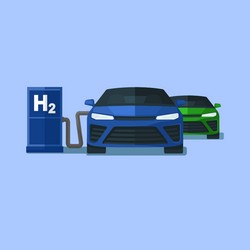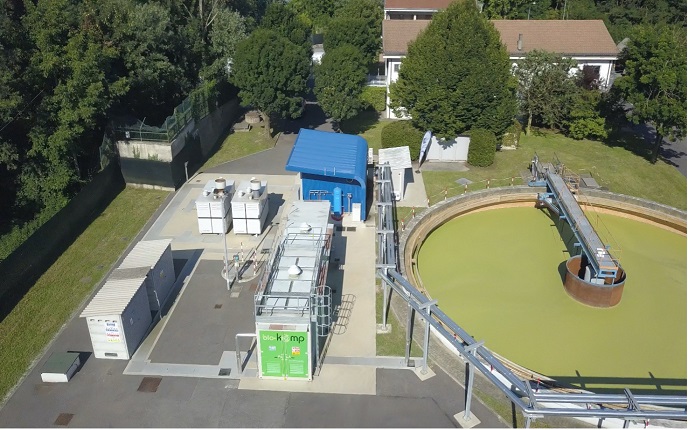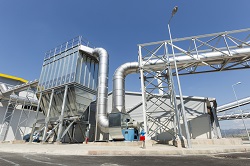Standardisation of lifetime measures of environmental impact
Many countries are committed to reducing CO2 emissions now widely accepted to play a significant role in global climate change. Fuel cell and hydrogen (FCH) technologies are promising alternatives to the combustion of fossil fuels for clean and sustainable energy production. The field has matured and evolved substantially, encompassing a wide range of options for a number of different applications. However, among the most important factors in determining whether an FCH technology will be superior to a conventional one is its cost, and whether or not it truly contributes to decreased CO2 emissions over its service lifetime. Life-cycle assessment (LCA) is a methodology used to analyse environmental impacts of all stages of a product’s service life. It is critical for FCH technologies that are not yet commercialised, and it can enhance public acceptance. The International Reference Life Cycle Data System (ILCD) Handbook provides generic guidance. The EU-funded project H2FC-LCA(opens in new window) (Development of guidance manual for LCA application to fuel cells and hydrogen technologies) addressed the need for field-specific rules and procedures. In cooperation with another Seventh Framework Programme (FP7) project, HYGUIDE, all information and materials were coordinated to eliminate contradictory results. The scientists established the project website containing all relevant project information and materials. The guidance document, developed together with the Joint Research Centre - Institute for Environment and Sustainability, was reviewed by an external body and accepted by industry. In addition, it is modular and addresses various stages of development (lab to commercialisation) as well as different levels of technological development (components to systems). Training materials for research and industry and LCA reporting templates are also included, all fully integrated with the ILCD Handbook and data network. H2FC-LCA successfully developed a sector-specific guide and reporting templates to assist in LCA of FCH technologies. The guide is based on and completely in line with International Organization for Standardization (ISO) standards for LCA. The website and its materials should facilitate standardised evaluation of the economic and environmental benefits of different FCH technologies, leading to greater public acceptance and market uptake.







